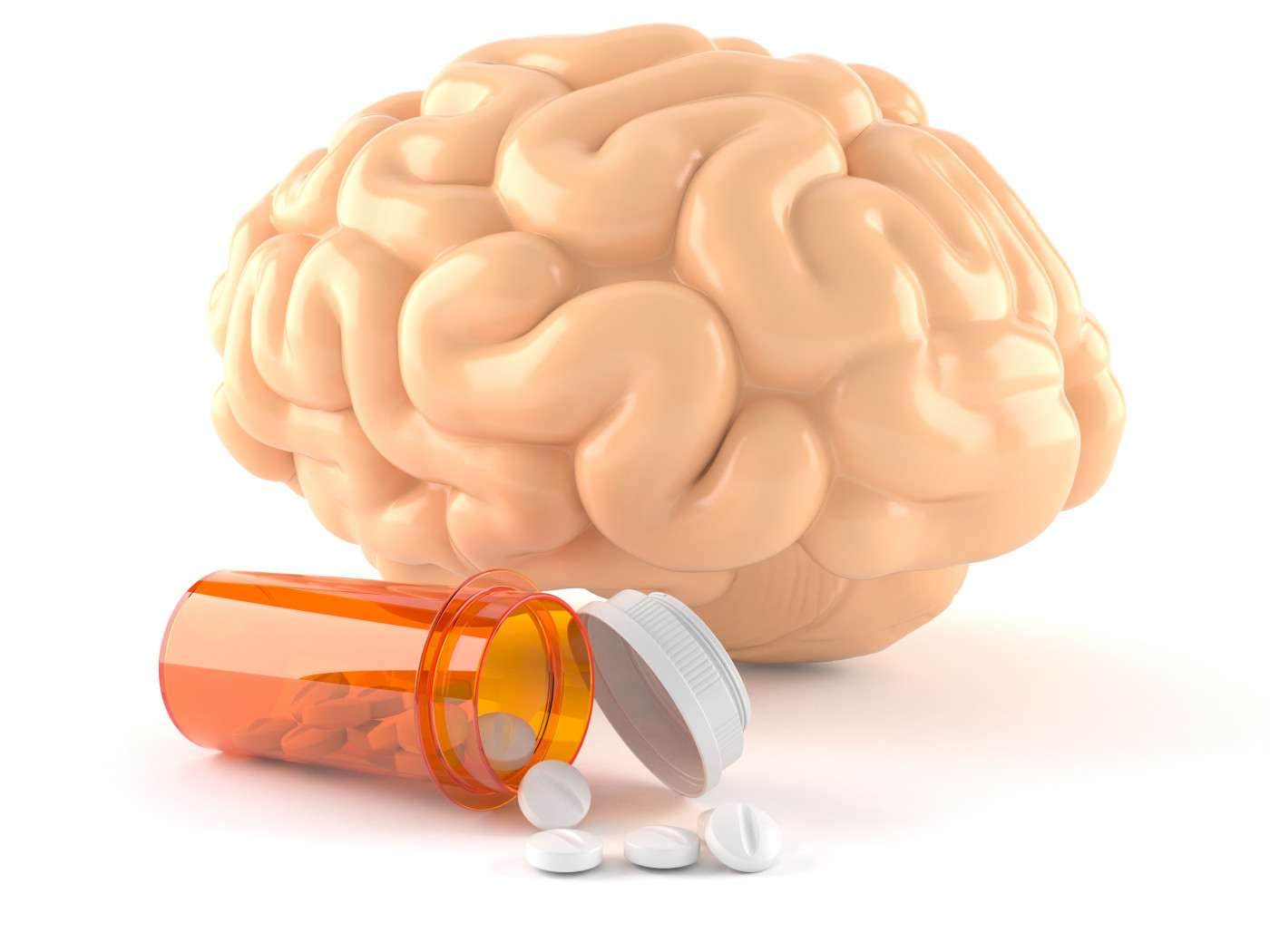Bryostatin Improves Cognition in Patients with Advanced Alzheimer’s, Analysis Finds

Bryostatin, Neurotrope Bioscience’s investigational therapy, was associated with improved cognition in advanced Alzheimer’s disease patients in post-hoc (after-the-fact) analysis of a Phase 2 trial.
Results from this study were presented at the Sachs’ Neuroscience Innovation Forum on Jan. 7 in San Francisco, California.
Bryostatin-1 is a compound known as a protein kinase C (PKC) modulator exerting its effect in specific pathways in the brain. Preclinical studies have shown the compound can generate new connections between nerve cells and also prevent nerve cells’ death, thereby improving cognition. The molecule also was found to reduce toxic levels of amyloid-beta levels, prevent plaque formation and inhibit tau phosphorylation.
Neurotrope conducted a Phase 2 study (NCT02431468), which included 150 patients with advanced Alzheimer’s disease who were randomized to receive either one of two doses of bryostatin, 20 micrograms or 40 micrograms, or placebo. The primary analysis took place at 12 weeks of treatment and the study’s primary goal was change in Severe Impairment Battery (SIB) score, a measure of dementia.
At week 13, the 20 micrograms (μg) dose was safe and well-tolerated, and showed evidence of sustained improvement in cognition compared to controls. The 40 μg dose did not show an improvement in cognition.
Previous results suggest that bryostatin also may improve cognition of patients with moderate-to-severe Alzheimer’s disease.
The post-hoc analysis comparing SIB scores in non-memantine versus memantine patients found that at week 15, patients on the 20 μg dose, who did not receive memantine — an approved Alzheimer’s disease treatment under the name Namenda, Namenda XR, and Namzaric — had a sustained improvement in cognition over baseline compared to the placebo group, whose participants had a decline in their SIB scores.
“The discovery that an NMDA inhibitor like memantine may diminish the effect of bryostatin, a PKC epsilon activator is very interesting as it is consistent with the proposed mode of action of bryostatin, and provides an internal control within the trial,” George Perry, PhD, said in a press release. Perry is Semmes Foundation University Chair in Neurobiology, and Dean of the College of Sciences, at The University of Texas at San Antonio,
“This represents one of the most promising new developments in AD research and is welcome news following so many heartbreaking disappointments in the field,” Perry said. “These findings suggest that, for the first time, we may be able to reverse cognitive decline and actually improve cognition in people with moderate-to-severe Alzheimer’s disease. It will be important to further investigate these results with confirmatory studies.”
Neurotrope is planning to conduct a confirmatory study in advanced Alzheimer’s disease patients who are not taking memantine as a background therapy, to determine whether the improvements in SIB scores in advanced Alzheimer’s patients can be replicated. This trial is expected to begin in the first half of 2018 and will focus on the 20 μg dose.






